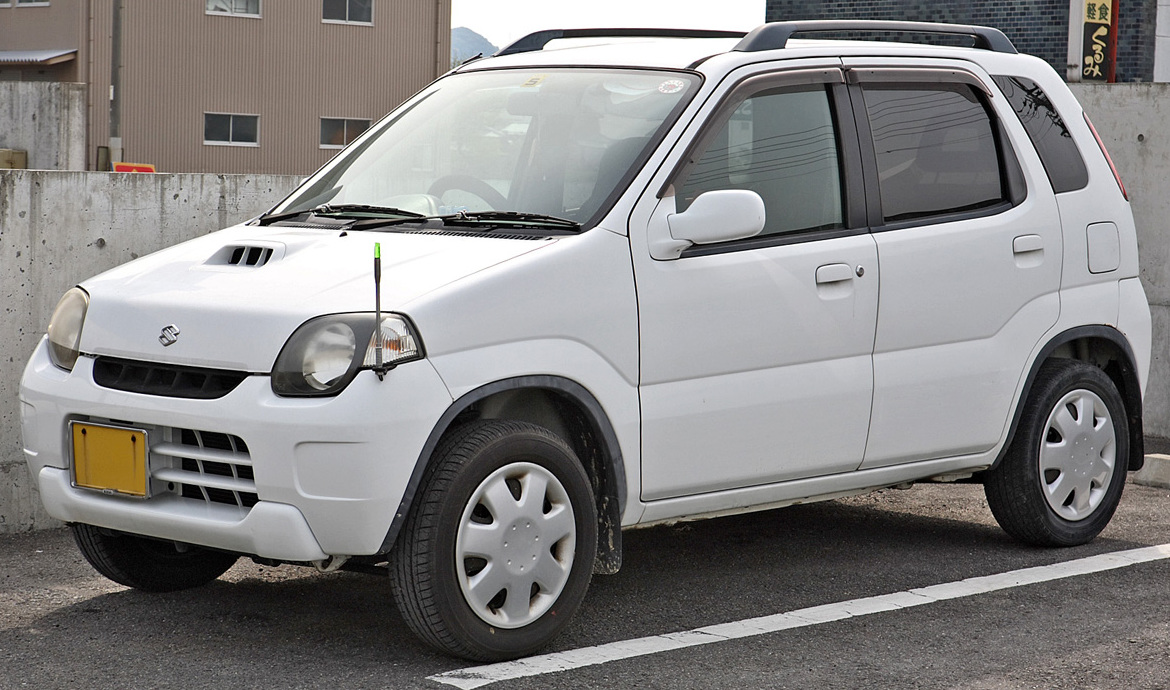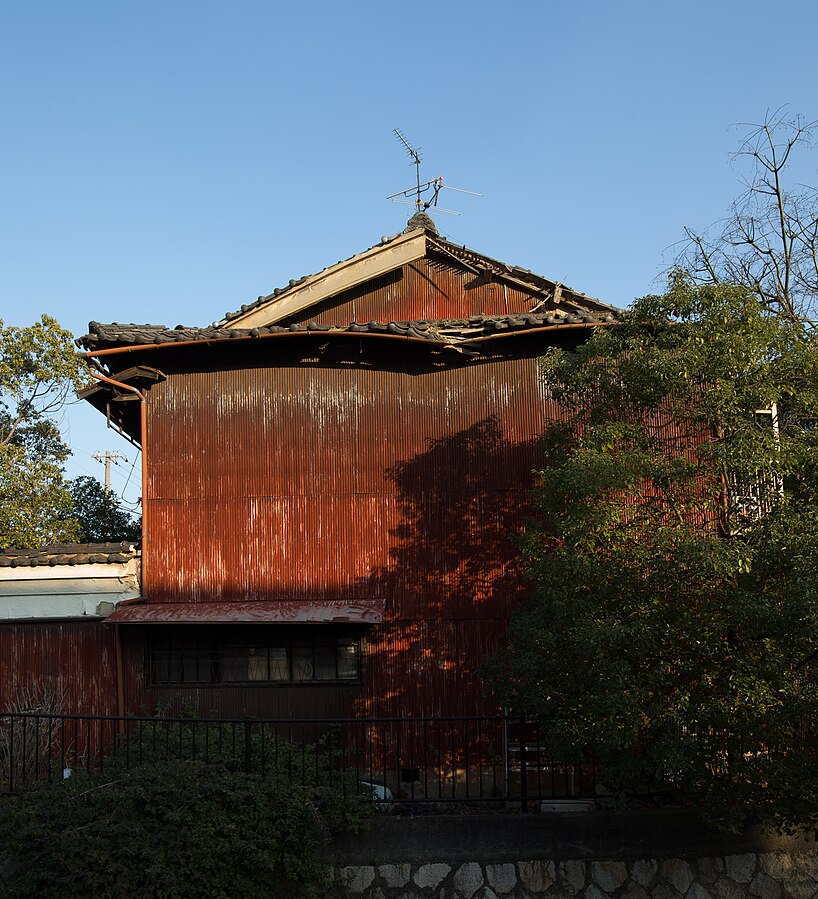Japan is known for its public transit and general convenience quality of life, so most would assume that living there would excuse them from having to own a car. While that is true for some parts of Japan and lifestyles, there are other cases that make owning a car necessary. In this article, I will discuss when you would need a car in Japan, and how to get a car and license.
Where do you need a car
Even though Japan’s public transit infrastructure is fantastic in many ways, the extent to which you need a car depends greatly on the city you live in.
Most cities have solid public transit, but there is a range in its reach.
Tokyo and Osaka
These two mega cities have amazing public transit, you can get pretty much anywhere with trains and buses.
In addition, these cities have almost everything you could possibly need so it would be quite rare for you to have to leave the city to get anything.
Other Large Cities
Other large cities such as Fukuoka, Sapporo, Nagoya, etc possess public transit to varying degrees.
On the better side, I found Fukuoka to be especially good for getting around on their subway system. While on the other end, I found Nagoya to be very car-centric (makes sense for Toyota land) and subpar in terms of public transit. With most other cities being somewhere in between.
Generally, you will have 2 or so lines going through the city connecting the city center with surrounding areas. You will have to depend on buses much more than you would in Tokyo or Osaka, which is a huge downgrade from trains in my opinion. In general, you will be able to live and do basic tasks like going to work with public transit, but without a car, you will feel limited in terms of what you can do for fun.
An example is Utsunomiya, a city in the Tochigi prefecture with a population of 500,000. When I lived there I was able to use the train to go to work, and they even recently opened a light rail connecting the main station to more entertainment areas like the city’s largest mall. Even with that, living there felt very restrictive in what I was able to do without a car.
Countryside
The Japanese countryside or “inaka” (田舎) is very car-centric and has sparse public transit if at all. Unless you live within walking distance from work, you will not be able to commute there without a car. Some of these towns are not accessible at all unless you have a car or take an infrequent bus or ferry.
When you need a car
Other than basic commuting, having a car has other uses to consider, even in Tokyo.
The first one to consider is when you are shopping for larger items like furniture or bulk supplies. Without a car, doing this is either impossible or very awkward, you do not want to be the guy taking your Costco trip home on a crowded train.
Of course, you can just order things online and shop at local grocery stores in smaller loads, but having the option of doing the prior is very convenient.
Another use of cars is going on trips out of the city. Living in a large city is very convenient and you have access to pretty much anything you could ever need or want, but sometimes it is fun to get out of the city and see other parts of Japan. And due to the limited public transit outside of cities, you need a car to gain access to all this Japan.
How to get a car
After considering whether you need a car or not, the next logical step is asking how to get a car in Japan.
Buying
The first option to consider is buying. If you need a car for daily life, and you plan on staying in japan for a long time, this is probably the best option.
In order to reduce costs you can go with used and opt for a kei car (軽自動車) which is a smaller car with reduced emissions. A kei car is less expensive and costs less for insurance, but has the trade-off of having negative aura.
Car sharing / Rental cars
If you are a tourist, or you generally don’t need a car for day-to-day life, but still want to have access to a car for special occasions, you can consider renting a car when you need it.
Renting a car is very easy and convenient, plus it is not that expensive. Depending on the car type and company it can be as low as 2200 yen for a day.
In my opinion, this is the best option for people living in a city like Tokyo or Osaka. It is very convenient not having to pay for parking, insurance, etc, and still having access to a car when needed.
How to get a license
In order to drive a car, you first need to get a driver’s license. There are multiple ways to go about this, so I will go through them.
International driving permit
If you have a license in your home country, you could be eligible for obtaining an international driving permit. This permit is valid for 1 year and allows you to drive in 150 different countries including Japan.
How you obtain this depends on your home country, but In America, where I am from, you can get it from AAA.
This is a fantastic option for people who are only staying in japan temporarily, or even for people moving long term who need a temporary way of driving while they try to get a Japanese driver’s license.
Converting your home country license
Instead of just throwing away your home country’s license, you could use it to convert it to a Japanese license.
Depending on the agreement with your home country, the requirements for converting do change. The requirements can range from simply exchanging, to having to take a 10-question written test (compared to the 100-question written test for getting your license normally) and practical driving test. I am from Colorado so luckily I was not required to take any tests for converting my license, but as it depends on your region, I suggest checking your local prefecture’s rules to see the requirements.
Getting a license normally
If you do not have a valid license from your home country, your only option is the traditional way.
To get a Japanese driver’s license, you need to go to a driving school before you can take a test. The driving school can be taken as a normal class or a sort of training camp (合宿) to save money and time. Along with getting a license, driving school can be a great opportunity to make friends as well.

 The Law has been Changed to Incentivise the sale of Akiya in Japan
The Law has been Changed to Incentivise the sale of Akiya in Japan